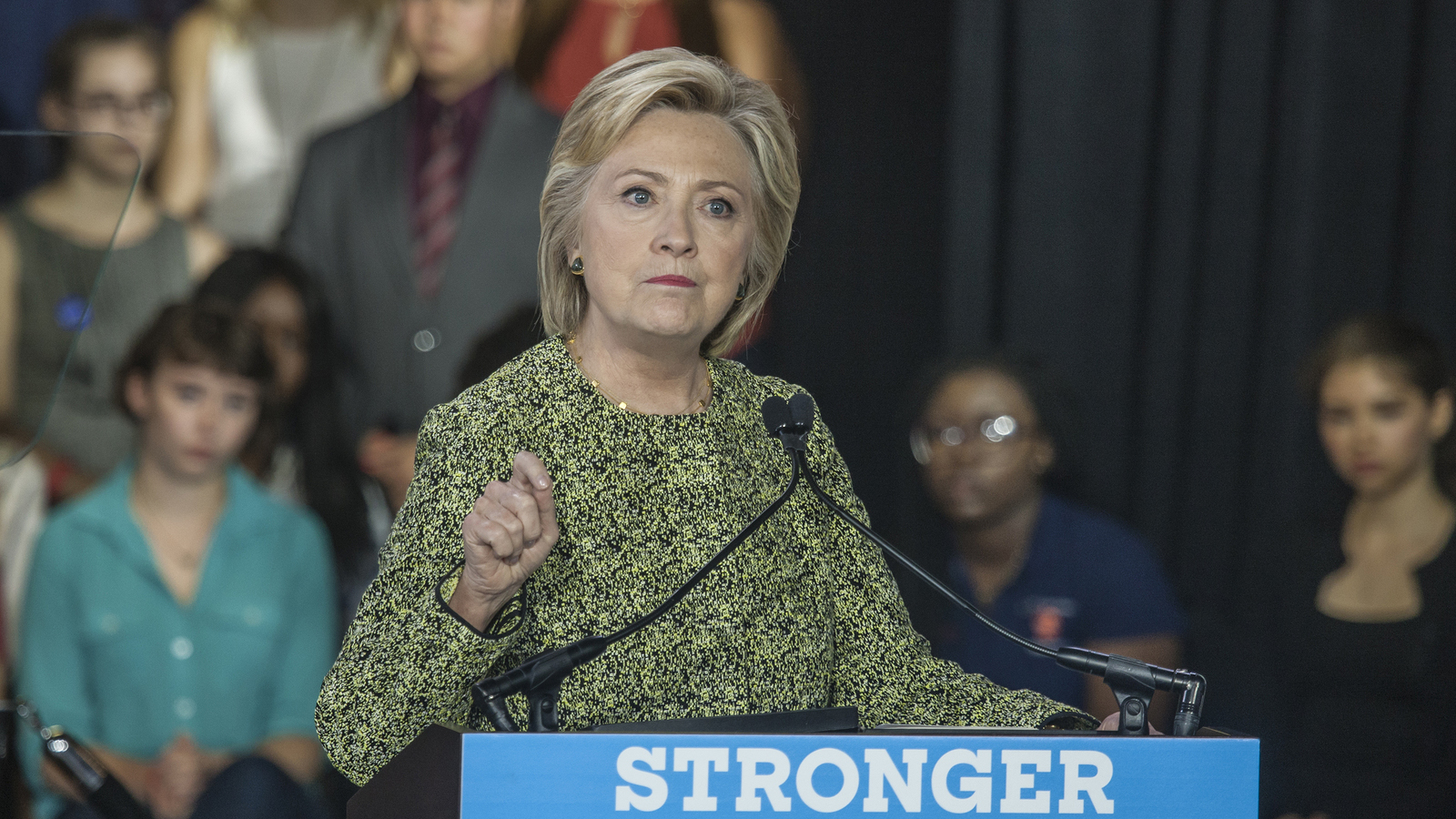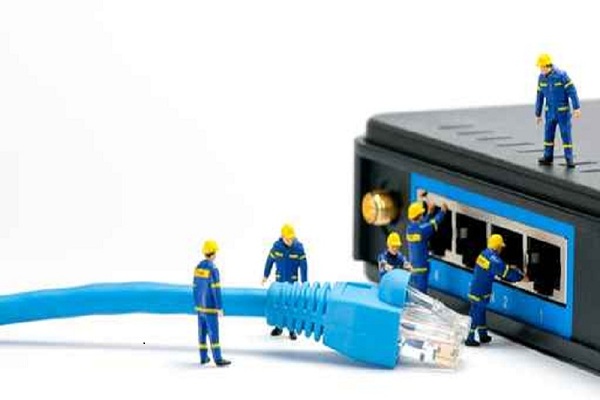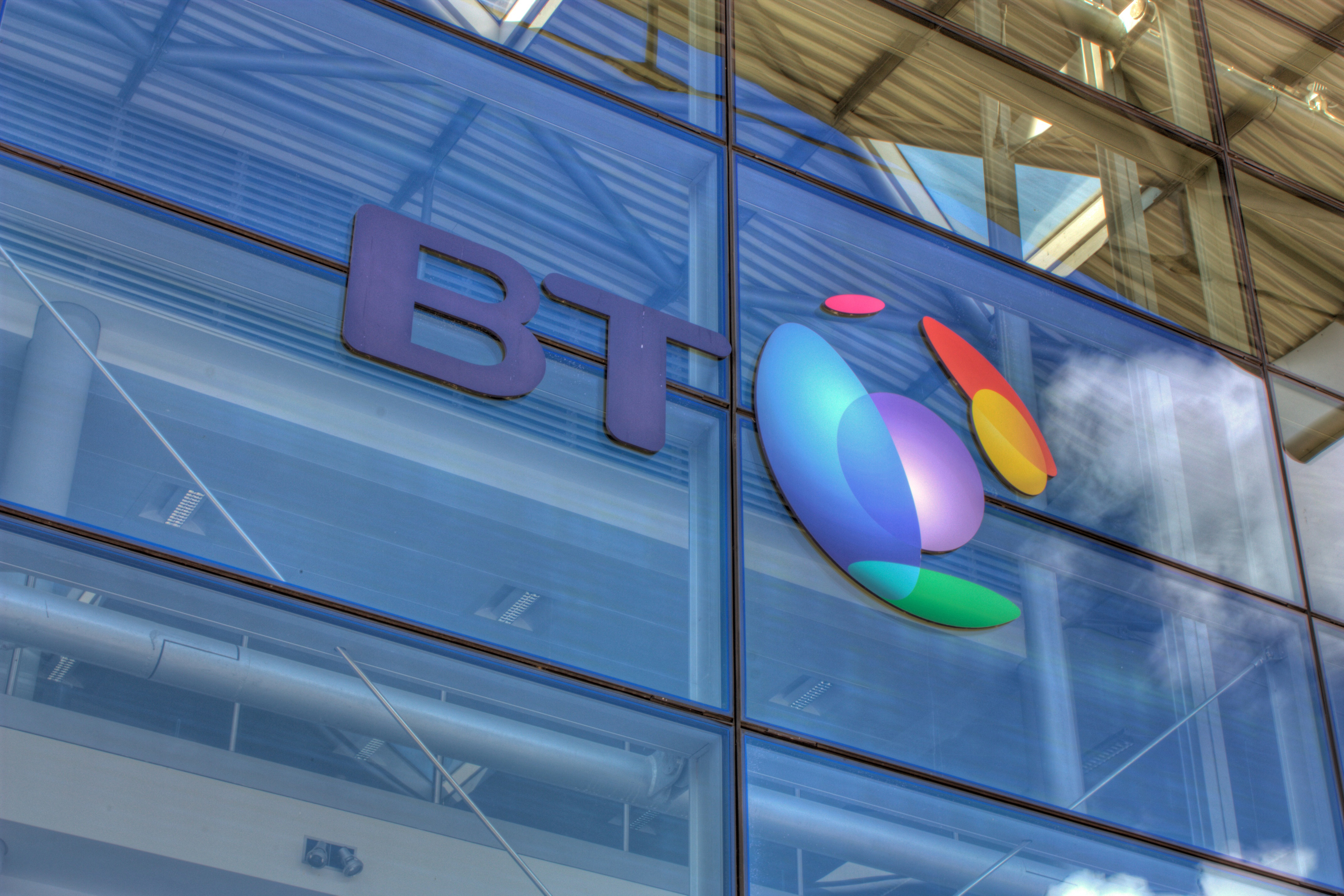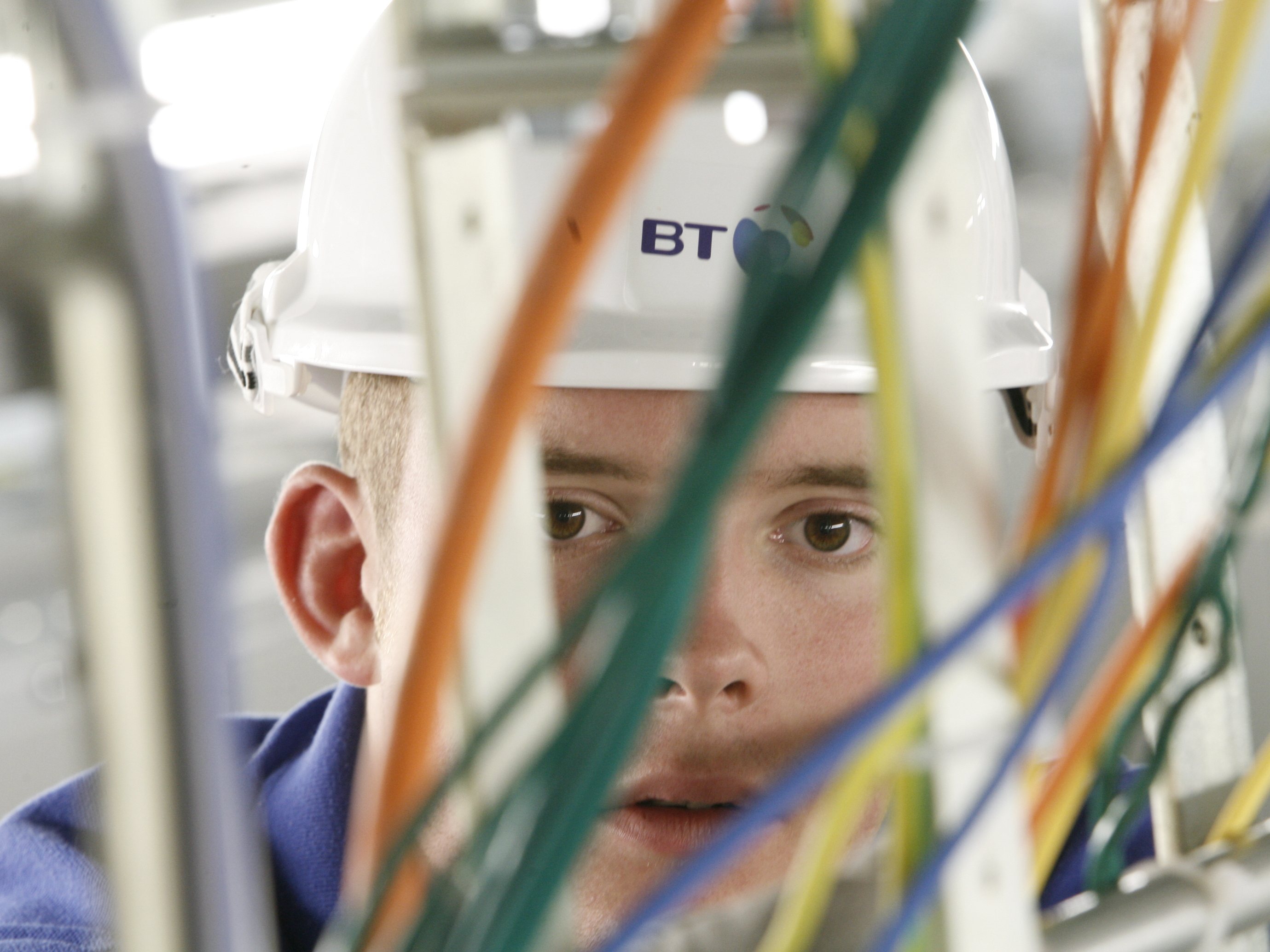New Ofcom proposals to bring full fibre to six million homes and offices by 2020
Draft measures would hit Openreach's bottom line by £120 million


Ofcom has announced a package of measures to boost full fibre broadband access for homes and business across the UK over the next three years.
As part of the draft proposals, the upfront cost of building ultrafast broadband networks are set to halve, while pricing decisions aim to encourage investment in full fibre networks, while BT's network division Openreach will be forced to carry out faster repairs and installations.
Ofcom claimed the measures will increase nationwide coverage of full fibre to up to 20% by 2020, seeing six million premises covered, versus only 3% covered today, as well as further increase in investment.
Jonathan Oxley, Ofcom's competition group director, said: "Full fibre meets the country's future broadband needs, as demand for data soars.
"Ultrafast speeds will allow people to download entire films, or businesses to share huge files, almost instantly. Full fibre will also underpin exciting technology like remote healthcare diagnostics, 5G mobile and connected devices.
"The measures we've set out will support the growing number of companies who have already announced plans to build full-fibre networks, and open the way for even more ambitious investment around the UK."
Under the draft rules, published last Friday, BT must open up its telegraph poles and underground tunnels to rival providers by 2020/2021 - enabling them to build their own full fibre networks much more easily.
Get the ITPro daily newsletter
Sign up today and you will receive a free copy of our Future Focus 2025 report - the leading guidance on AI, cybersecurity and other IT challenges as per 700+ senior executives
Meanwhile Openreach will be required to repair any faulty infrastructure, and clear blocked tunnels where necessary to maintain access.
Openreach must also ensure there is space on its telegraph poles for extra fibre cables connecting homes to a competitor's network, and must release a 'digital map' of its duct and pole network so rival providers can plan where to lay fibre.
These measures are expected to halve the cost of laying fibre cable from around 500 per home to 250 per home - while reducing the time for digging works and enabling fibre to be installed in some streets frm days to hours.
Paolo Pescatore, CSS Insight telecom analyst, said the move was broadly consistent with what the market was expecting, and would fuel the "fibre frenzy" seen in the last few months, with companies keen to increase fibre coverage.
He told IT Pro: "Overall, BT's rivals will be happy with this, and it allows greater access for their own ambitions in fibre. Naturally there will be some adverse cost implications, but the most important part for BT is it gives them some certainties around what they need to do around their own objectives to delivering fibre broadband to the masses."
Meanwhile, Ofcom will cut the amount Openreach can charge telecoms companies for its basic superfast broadband service - offering download and upload speeds of 40 Mbit/s and 10 Mbit/s respectively - to 11.92 per month following consultation.
In a statement, BT said the proposals provided certainty on the pricing of key products for the next three years, but would hurt Openreach's bottom line.
"BT estimates that the price changes in today's Ofcom WLA [Wholesale Local Access] draft statement, for the directly charge controlled products, will have a year on year adverse financial impact on Openreach's revenue and profit in 2018/19 in the range 80m - 120m," it said.
"There will be further year on year impacts on Openreach, resulting from price reductions to the directly charge controlled products, in each of the successive two financial years in the range of low to mid tens of millions of pounds.
"Additionally, Openreach's cost base will increase as a result of meeting the more demanding minimum service levels required in WLA markets.
"BT anticipates a further adverse financial impact on Openreach's revenue and profit as a result of market pressure on the wholesale prices of other products not directly charge controlled in the WLA draft statement."
These proposals follow Ofcom's 'Wholesale Local Access' market review, which sets how much Openreach can charge telecoms providers for selling today's superfast broadband services over its network; covering the period between April 2018 and March 2021.
The measures have been submitted to the European Commission for comment before the finalised proposals are published next month.

Keumars Afifi-Sabet is a writer and editor that specialises in public sector, cyber security, and cloud computing. He first joined ITPro as a staff writer in April 2018 and eventually became its Features Editor. Although a regular contributor to other tech sites in the past, these days you will find Keumars on LiveScience, where he runs its Technology section.
-
 Asus ZenScreen Fold OLED MQ17QH review
Asus ZenScreen Fold OLED MQ17QH reviewReviews A stunning foldable 17.3in OLED display – but it's too expensive to be anything more than a thrilling tech demo
By Sasha Muller
-
 How the UK MoJ achieved secure networks for prisons and offices with Palo Alto Networks
How the UK MoJ achieved secure networks for prisons and offices with Palo Alto NetworksCase study Adopting zero trust is a necessity when your own users are trying to launch cyber attacks
By Rory Bathgate
-
 UK gov introduces cyber bill designed to clamp down on unsecure devices
UK gov introduces cyber bill designed to clamp down on unsecure devicesNews Law could prevent sale of smartphones, TVs, speakers, toys, and other digital devices that fail to meet minimum security requirements
By Rene Millman
-
 White House launches official investigation into use of personal email accounts
White House launches official investigation into use of personal email accountsNews Senate Intelligence Committee rebukes Kushner for omitting private account
By Adam Shepherd
-
 Broadband customers could get £185m for poor service
Broadband customers could get £185m for poor serviceNews New Ofcom rules would compensate customers for missed appointments and outages
By Adam Shepherd
-
 TalkTalk: BT-EE merger will lead to 25% price hikes
TalkTalk: BT-EE merger will lead to 25% price hikesIn-depth Rivals fear for the future of telecoms after CMA approves £12.5bn BT-EE deal
By Joe Curtis
-
 Ofcom faces calls to break up BT
Ofcom faces calls to break up BTNews Sky and TalkTalk demand Openreach is split from telco giant
By Rene Millman
-
 Care.data trial date in doubt
Care.data trial date in doubtNews NHS patient data collecting scheme comes under fresh scrutiny in new report
By Joe Curtis
-
 Ofcom launches spectrum management strategy
Ofcom launches spectrum management strategyNews Regulator details plans to meet future demands for wireless services
By Rene Millman
-
 Hamburg fines Google for Street View data breach
Hamburg fines Google for Street View data breachNews Logging Wi-Fi networks lands search giant in trouble with German state.
By ITPro